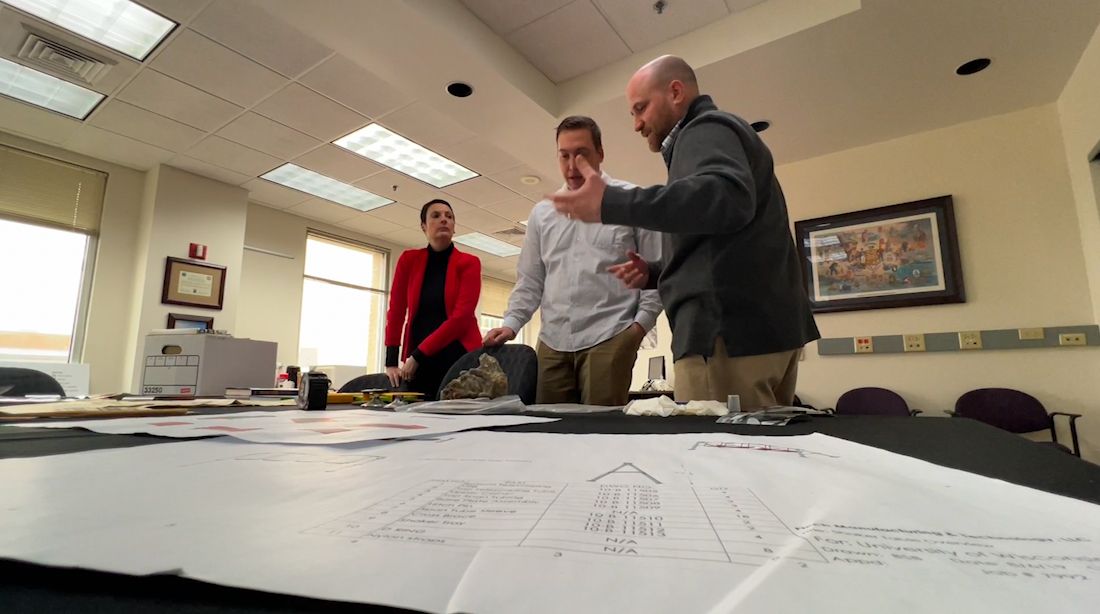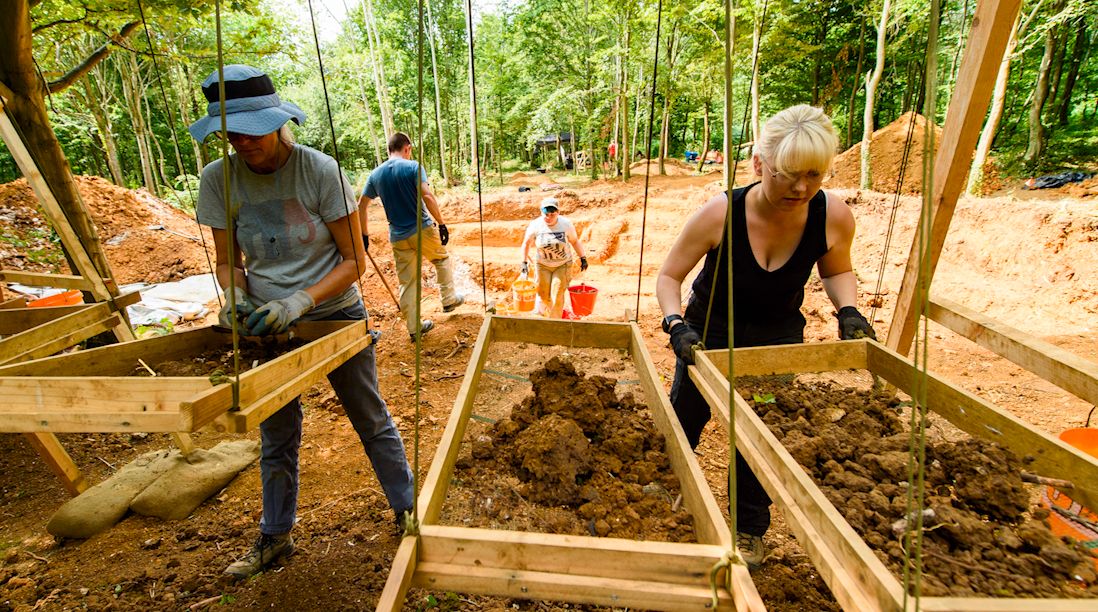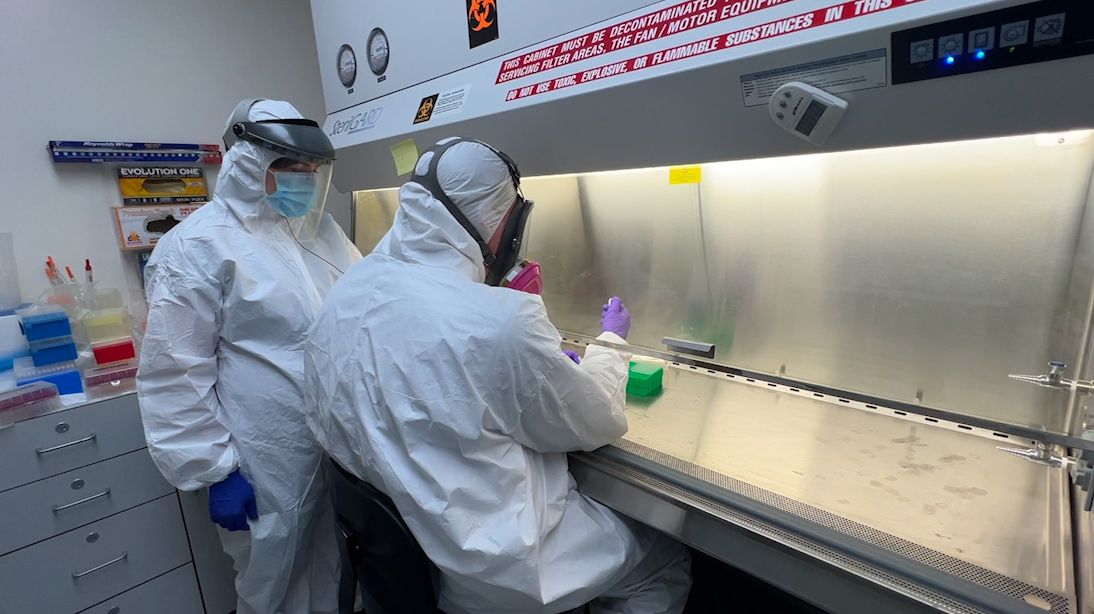MADISON, Wis. — A group of students and staff at the University of Wisconsin - Madison is gearing up for a big trip overseas this summer to hopefully bring soldiers home who are missing in action.
In the state of Wisconsin alone, there are 1,500 soldiers who are missing in action. It’s a number one group is hoping to bring down by locating these soldiers and bringing them home to their families.

In 2015, this honorable mission began at UW-Madison. It’s called the UW MIA Recovery and Identification Project.
Charles Konsitzke is leading the mission. He has made it his goal to bring home as many missing in action soldiers from overseas as possible.
“The impact is real. There isn’t a dry eye. Because you see and feel what you have accomplished,” Konsitzke said.
In the past seven years since the project started they have brought home three veterans to their families. It has been an incredible accomplishment for their team.

“It’s very rewarding,” Konsitzke said. “It’s an honorable mission knowing you are bringing soldiers home and working with their family members and seeing that impact knowing their family members have been missing for 70 plus years.”
A lot of work goes into locating and finding these missing soldiers. It all starts with a historical investigation which is done by Vaneesa Cook, a professor at UW Madison, along with student volunteers who help with cases.
“We start with individuals from World War II who enlisted from a town or a city in Wisconsin,” Cook said.
The research takes time, sometimes months, even years. But once a case is ready, the group flies overseas to different sites where the soldier may have died and begins digging.
“We are at the site roughly for about three weeks excavating the site and looking at our perimeter. We are looking for any evidence or possible remains,” Konsitzke said.
Once they spend time digging and speaking to people from the countries they are visiting, they bring home pieces they’ve found. A team of scientists then take those items into a lab to look over their findings to determine if they have located the soldiers they are looking for. It’s a meticulous process, but for this team, it’s rewarding knowing the closure they are able to provide to families across the state.

“It’s different than what we normally get to do and that’s what makes it even more special because it’s a skill set that I have and I can contribute to something that feels a lot bigger than me,” special projects researcher Bridget Ladell said. “Even more than my regular science work.”
This June the team will return to Belgium to continue a dig they started. Konsitske said they have about 40% left to comb through and hope to bring home a veteran to their family on this mission.
“We will be using about two excavators, 15 individuals, and we go in and we work roughly six days a week,” Konsitzke said.
The team is able to use their talents and tools to provide peace to a handful of families.



